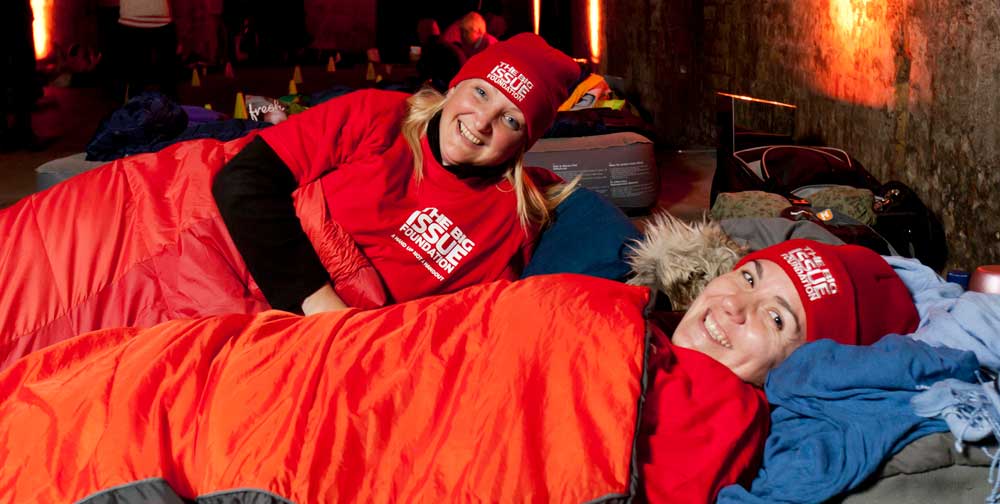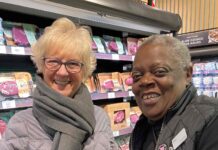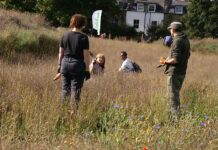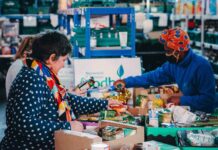
The Big Issue Foundation is asking readers to “spend a night under the stars in solidarity with Big Issue vendors”. The ‘Big Sleep Out’ takes place on Friday 16 November at The Kia Oval, London.
Registration is now open. Book your place now to avoid disappointment.
The Big Sleep Out (9pm on Friday 16 November to 7am Saturday 17 November) offers the opportunity to spend a night without shelter in solidarity with many Big Issue vendors who will find themselves sleeping rough at some point.
Participants will hear personal insights from Big Issue vendors with first-hand experience of homelessness before they take on the challenge.
Stephen Robertson, CEO of The Big Issue Foundation, said: “Events like this enable us to ensure that our services team can tackle the complexities of rough sleeping, exclusion and the many other complex issues that challenge Big Issue vendors on a daily basis. My thanks to everyone for helping us changing lives for good and making the night a huge success.”
Get together with your friends, family or colleagues and don’t miss out.
Registration costs £25 (or £20 per person for a team of 5+) and your fundraising target of £350 will go towards enabling Big Issue vendors to have more opportunities to take positive steps away from poverty and exclusion. You can read the information pack here.
“Funds raised from this event will directly go to The Big Issue Foundation, which exists to link vendors with the vital support which will help them address the issues which have led or contributed to their circumstances. The Foundation works exclusively with vendors, offering support, advice and referrals.”
Visit bigissue.org.uk/sleep for more information and to sign up. For any questions, email at events@bigissue.com or call us on 020 7526 3456.
The Big Issue is an award-winning weekly magazine. Vendors buy magazines for £1.25 and sell to the public for £2.50, keeping the difference. In this way the magazine provides them with the means to earn a legitimate income. Over 200 million copies have been sold by over 100,000 vulnerable people since its launch in 1991.






